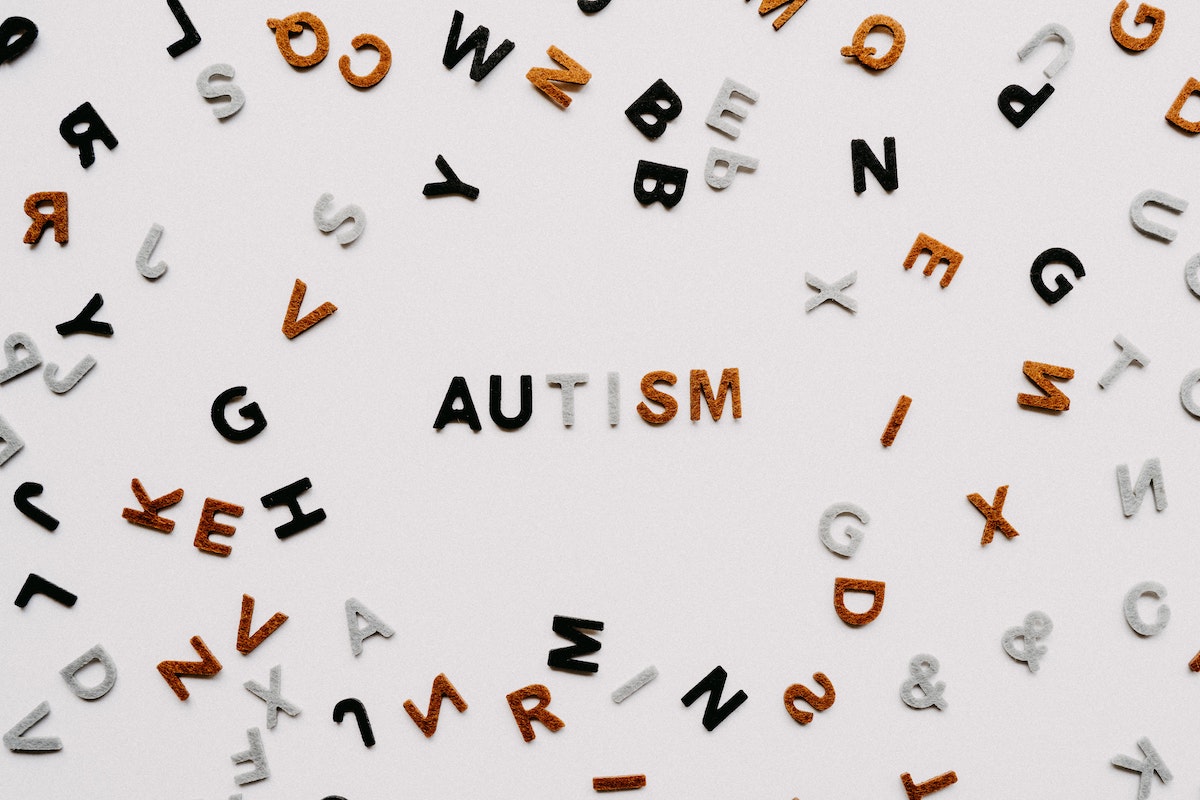In recent years, there has been a surge in the cases of regressive autism or setback-type autism in children. Also known as an acquired autistic syndrome, a child suffering from this condition starts developing normally initially but loses their speech and social skills while growing up. This condition is usually diagnosed when your little one reaches 15-30 months of age.
According to many doctors and health experts, the situation for each child suffering from this condition can be different. Regressive autism can take place gradually or very suddenly. Therefore, it is important to keep a check on the overall behavior of your little one.
What are the Causes of Regressive Autism?
No exact cause of regressive autism is known. Although some researchers suggest that this condition could be associated with seizures, vaccines and viruses, no definitive findings have yet to materialize. But scientists who have conducted studies on hundreds of subjects have noted the risk for autism is the same for children who have not and those who have received vaccines.
Some studies have laid down that regressive autism is caused because of postnatal environmental factors. Once the doctor finds the cause of the problem, its management becomes easier.
How to Spot Regressive Autism in Your Child
You need to keep a check on the growth and behavior of your child, especially after they turn a year old. Various signs and symptoms may help you spot this condition.
Loss of Some Words
Your little ones are not able to speak some words properly. In many cases, they experience loss of previously learned words in the process of learning new words. It is the most common symptom to help you notice regressive autism in children.
Loss of Social Skills and Interaction

Some children are not very amicable or socially interactive. But if your child is losing interest in every interaction and if this keeps on happening n, you must bring this to the notice of their doctor.
Loss of Words and Social Skills
When there is a loss of words and social skills in your little ones, you must take them to a doctor at once to diagnose the problem and learn how to cope with it.
Other Red Flags
Sometimes, noticing the graph of your child’s growth may also help you find out if they have regressive autism or not. For instance, all the children start developing big smiles or joyful expressions by 6 months, and if your child doesn’t do so, they may be suffering from regressive autism.
Similarly, children start babbling or baby talks by 12 months of age. And if they haven’t developed speech even after 16 months, you may need to discuss the issue with their doctor.
When Should You Be Concerned?
Some regressions in children may last for a few weeks; however, it varies from child to child. If you see that such behavior in your little one is lasting longer than you think you should, it’s about time you take their mental health seriously. In most cases, the parents should take immediate action when such a pattern in their little ones lasts for more than three weeks.
Reach out to the healthcare provider of your little one and discuss their behavior with them. If possible, discuss what bothers your child before you take him to the doctor.
How to Cope With Regressive Autism in Children
As a parent, you need to be attentive towards your child’s needs. Always be patient while listening to your regressive autistic child and support them.
Here are some ways to help your child deal with the condition:
- Taking your little one to speech therapy can cause considerable improvement. Your child may learn new words without forgetting the older ones. Make them learn these words slowly and steadily. Check their progress from time to time.
- Be in touch with your doctor regularly to find new ways and means to deal with your child. It is also a good idea to accompany your child throughout their sessions. It will boost their morale and encourage them to be more interactive.
- Pay attention to your child’s interest and give them an opportunity to explore everything they love. The more they seek what interests them, the better.
- Autism may also lead to anger management issues as your little one grows up. Addressing what makes them angry is equally essential to help them cope with the problem. Talk to them about what agitates them or makes them angry. Try to find quick solutions to lessen their anger such as cooking their favorite food, playing their favorite game with them, or accompanying them with anything that bursts their stress.
- Do not lose patience with your little ones, no matter how hard it gets for you to handle the situation. Always remember, they need your support over everything else. Stand by them, and with them.
Support Your Child
Although your child finds their way through regressive autism, it is vital to become their support system. Apart from the early treatment of your child, your efforts are equally important to help them manage the condition.




